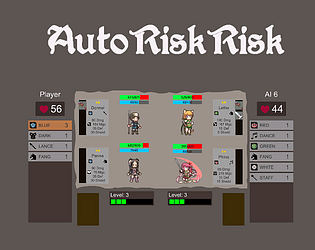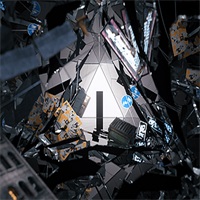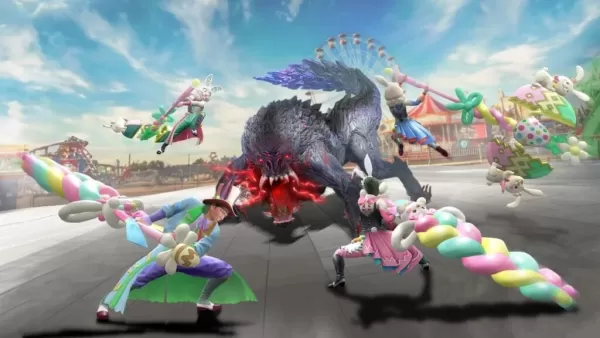"Resident Evil 2 and 4 Remakes: A Daunting Development Journey"

Yasuhiro Anpo, the director behind the remakes of Resident Evil 2 and Resident Evil 4, shared insights into the decision-making process that led to the revival of the 1998 classic. Anpo noted, "We realized: people really want this to happen." This sentiment was echoed by producer Hirabayashi, who succinctly stated, "Alright, we'll do it," marking the beginning of the Resident Evil 2 remake project.
Initially, the team considered tackling Resident Evil 4 first. However, they recognized that the game, lauded for its near-perfection since its 2005 release, posed a significant risk if altered. Consequently, the focus shifted to the earlier title in the series, which was in dire need of modernization. To align their efforts with fan expectations, the developers also reviewed fan projects, gaining valuable insights into what the community desired from the remake.
Despite the enthusiasm from Capcom, the fanbase expressed reservations, particularly about the necessity of remaking Resident Evil 4. While Resident Evil 2 and Resident Evil 3, released in the 1990s on the original PlayStation, were marred by outdated mechanics like fixed camera angles and cumbersome controls, Resident Evil 4 had revolutionized the genre. Despite these concerns, the Resident Evil 4 remake successfully maintained the essence of the original while enhancing gameplay and narrative elements.
The commercial triumph and positive critical acclaim of the remakes underscored Capcom's wise decision. It demonstrated that even a game considered nearly flawless could be respectfully reimagined with a fresh, creative approach, satisfying both new and veteran fans alike.
-
Solgaleo and Lunala make their grand debutImmersive Supporter cards arriving soonHalf-anniversary celebration with new solo missionsThe stars align as Celestial Guardians arrive in Pokémon TCG Pocket, bringing an spectacular close to the month. LauncAuthor : Alexander Dec 21,2025
-
Untitled Drill Game is a tycoon and idle experience where you extract ore, sell it for profit, and reinvest your earnings to drill even deeper. With so much to discover, a great way to stay informed is by joining the official Untitled Drill Game DiscAuthor : Nathan Dec 21,2025
- Spring Valley Farm Game: January 2025 Redeem Codes
- WWE Superstars Join Call of Duty Warzone: Mobile Roster
- Midnight Girl is a minimalist point-and-click adventure set in Paris in the 60s, now open for pre-orders on mobile
- Mobile Legends: Bang Bang – Best Lukas Build
- "Grand Outlaws Unleashes Chaos and Crime on Android Soft Launch"
- Video Game Song Surpasses 100 Million Streams on Spotify






















